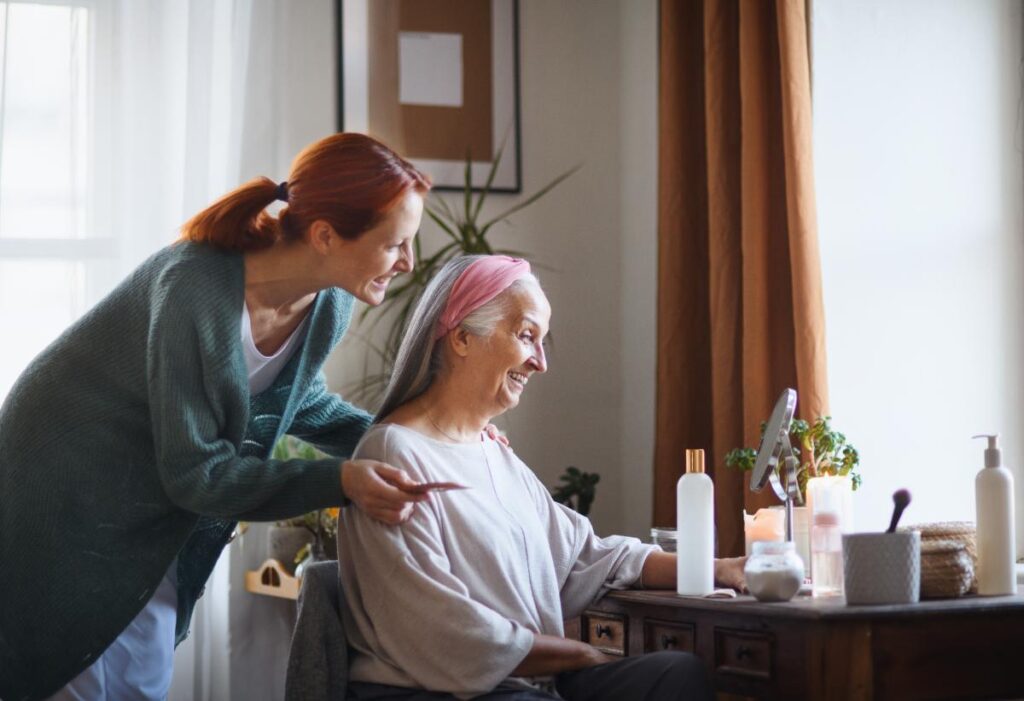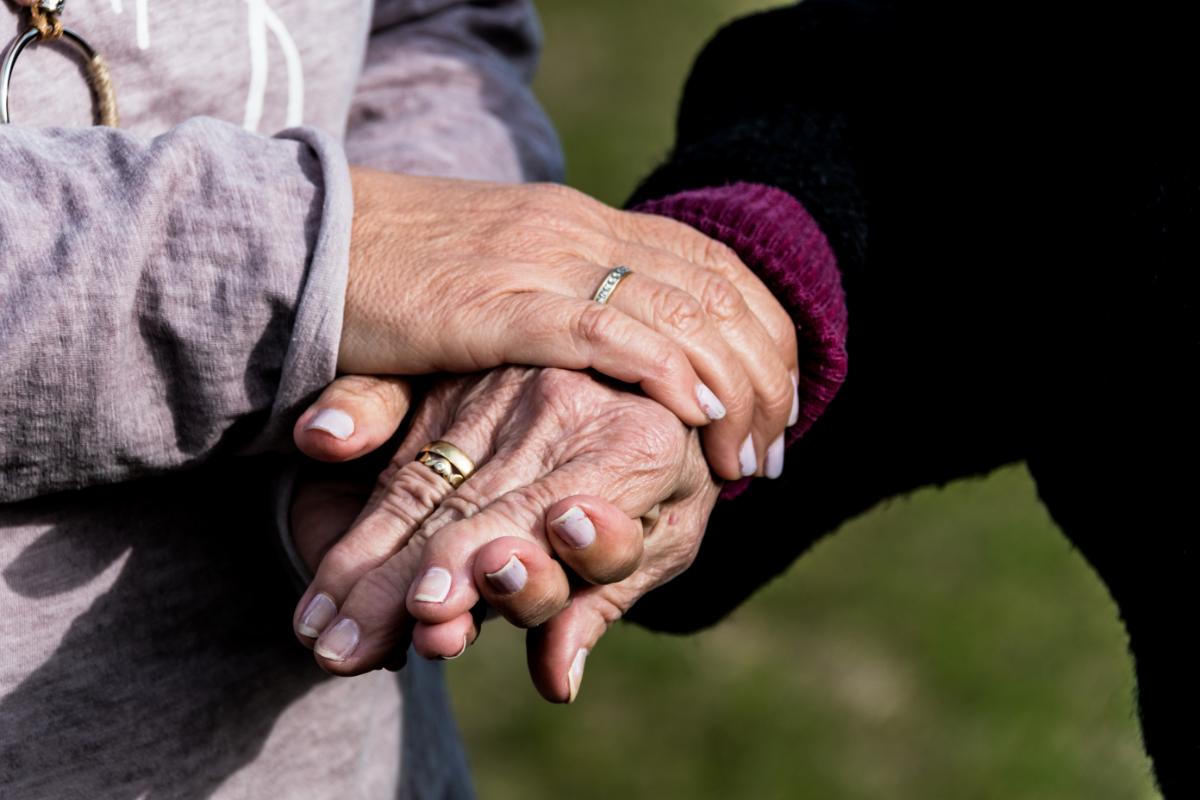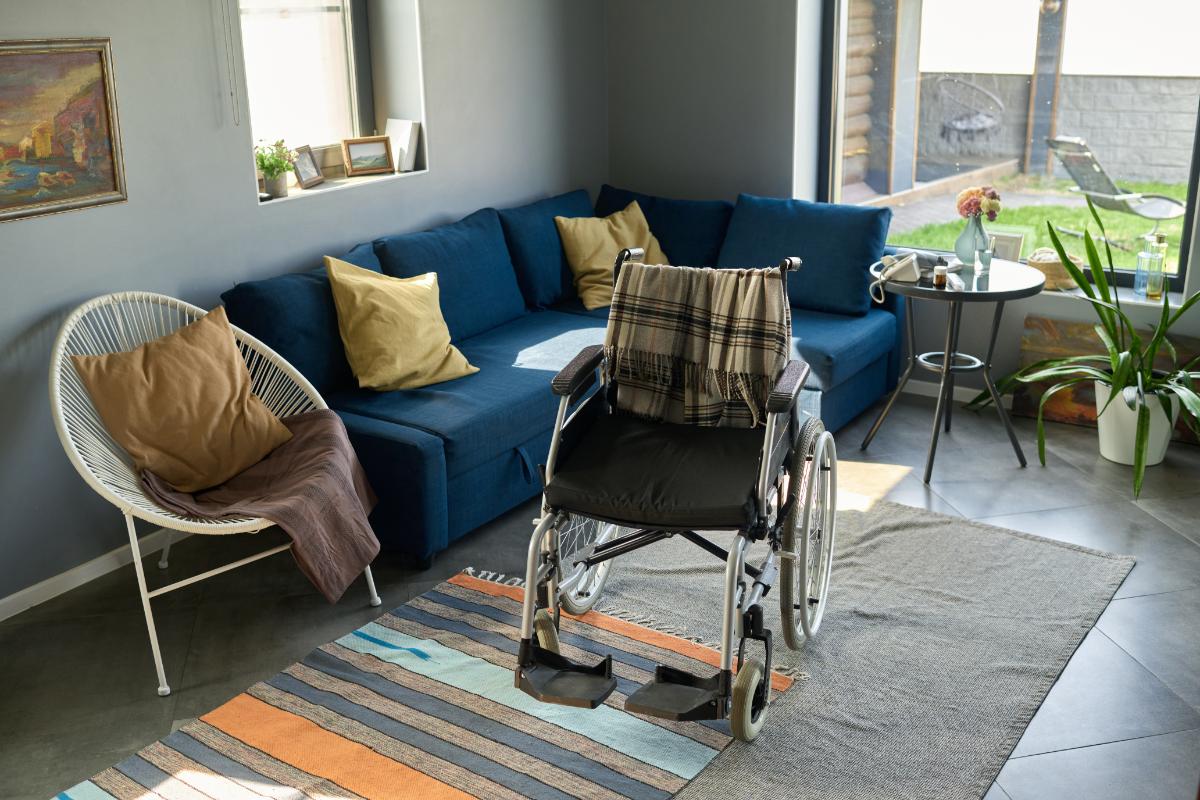Dementia is a word no one wants to hear. It changes everything—plans, priorities, even identities. When both of my parents were diagnosed—my father with Alzheimer’s and my mother with Lewy Body Dementia—I found myself plunged into a world I never anticipated. Over the years, through trials, tears, and occasional laughter, I discovered not only how to care for them but also how to honor their lives and stories in the process.
In this post, I’m sharing the most important lessons I’ve learned from this deeply personal journey, in hopes they’ll guide and uplift others walking the same path.
- Honor the Person, Not Just the Diagnosis
Dementia can easily become all-consuming. But underneath the forgetfulness, confusion, and personality shifts is the same beloved person with a rich life history. I learned to focus not just on their symptoms, but on their stories, preferences, and humanity. Playing Dad’s favorite jazz records or letting Mom smell the lavender soap she used in her 40s helped reconnect them—and me—to who they were. - Simplicity is Powerful
In a world filled with overwhelming medical information and complicated caregiving gadgets, I found that the simplest things brought the most comfort. A soft blanket, familiar music, or holding a hand in silence did more than any high-tech tool ever could. Care doesn’t always need to be complex—it needs to be consistent, calming, and filled with love. - Design Matters
I used to think style didn’t matter when it came to caregiving products. But I realized that clinical-looking tools can sometimes strip away dignity. Finding beautiful, thoughtfully designed items—adaptive clothing that looked like real fashion, colorful memory aids, or calming room décor—helped maintain my parents’ sense of self-worth and made caregiving feel less like a medical procedure and more like care from the heart. - Create Micro-Moments of Joy
Joy doesn’t have to be grand. It can be a smile from a silly joke, a spark in their eyes when they taste a favorite snack, or the comfort of hearing a familiar lullaby. These moments may be fleeting, but they’re real. I started calling them “micro-moments of joy,” and they became the emotional anchors of our days. - You Can’t Pour from an Empty Cup
It took me too long to realize that burnout doesn’t make you a better caregiver—it just makes you exhausted. I had to learn to ask for help, set boundaries, and accept that I couldn’t do it all. Whether it was taking a short walk, joining an online support group, or scheduling respite care, I discovered that caring for myself wasn’t selfish—it was essential. - Connection Doesn’t Require Words
As language faded, I feared I was losing my parents piece by piece. But then I learned to communicate differently. Eye contact, touch, smiles, music—all became new ways to connect. Even when my mother could no longer call me by name, I knew she felt my presence. That connection, however nonverbal, was still love. - It’s Okay to Grieve While They’re Still Here
Dementia is often called the “long goodbye.” I found myself grieving not only after they passed but throughout their decline—grieving who they were, what we’d lost, and even the life I imagined for myself. Acknowledging this anticipatory grief gave me the permission to feel and process it, instead of pretending everything was okay. - You’re Not Alone
Perhaps the most important lesson: we are never truly alone. The caregiving community is vast, compassionate, and deeply empathetic. Whether through online groups, local support circles, or resource hubs like Good Carma, I found solace in knowing others understood the unique heartbreak and beauty of this journey.

Final Thoughts
Supporting my parents through dementia taught me about patience, resilience, and the enduring power of love. It wasn’t easy—many days were overwhelming, confusing, and heartbreaking. But along the way, I also discovered new layers of gratitude, meaning, and connection.
If you’re navigating dementia care, know this: you are doing sacred work. And while you may not always feel seen, your love makes a difference every single day.
Let your care be filled with heart. Because in the end, it’s love—not memory—that lasts.



